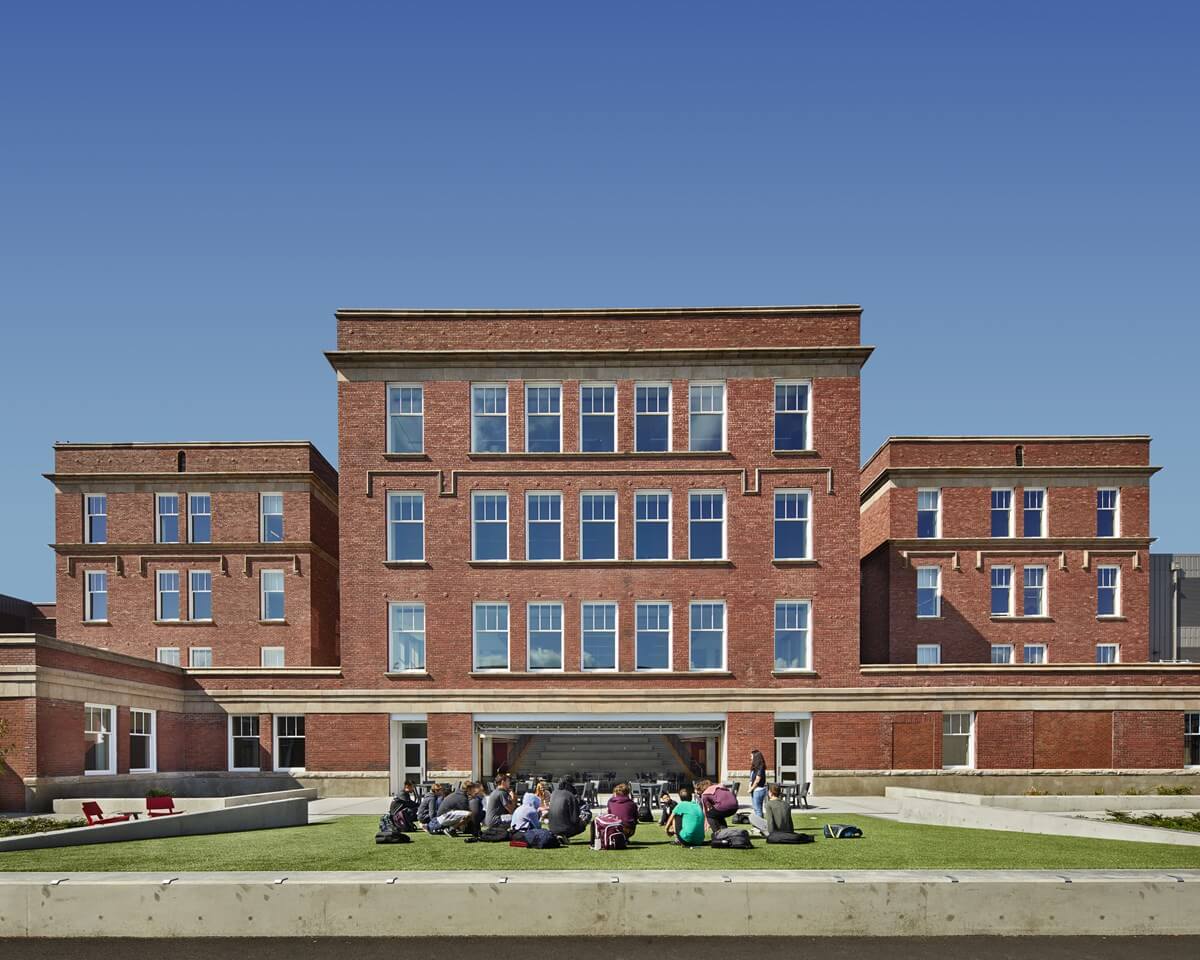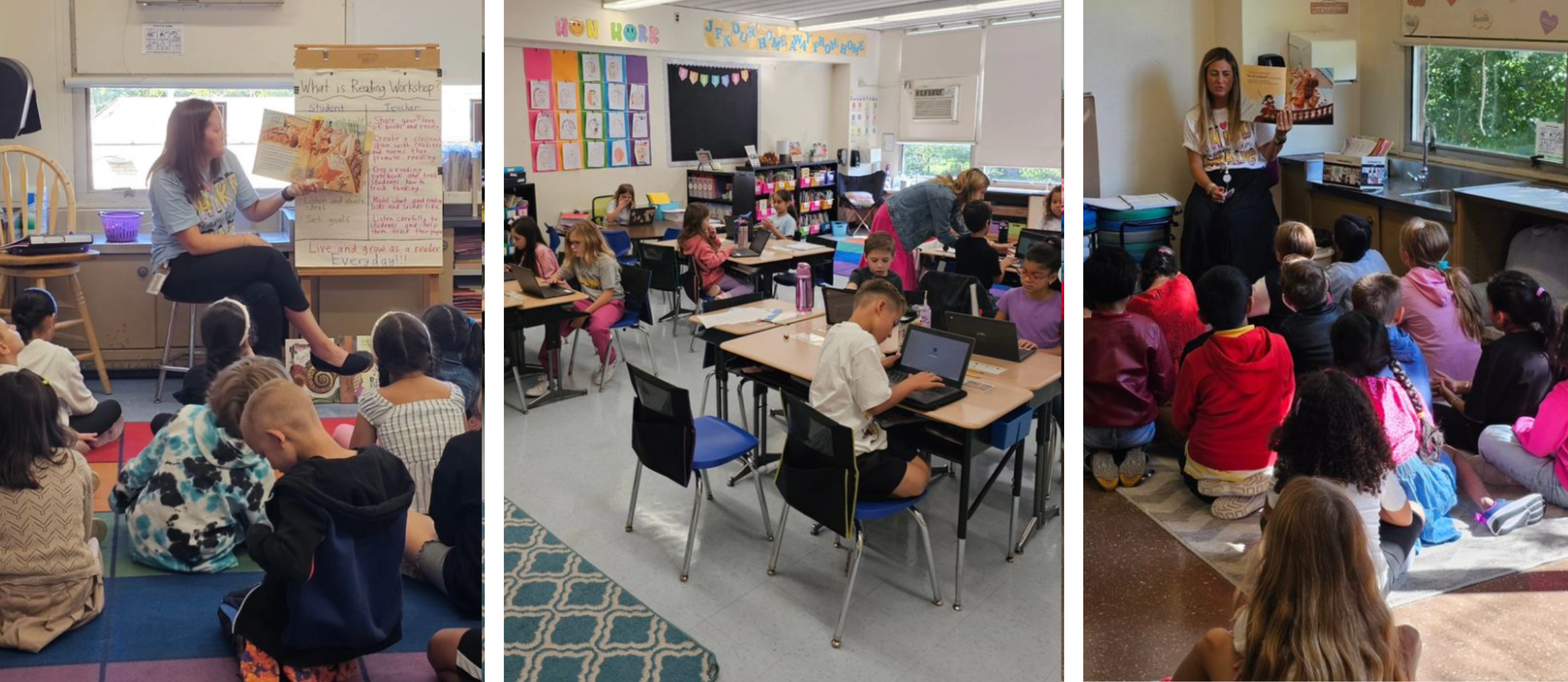Why It's Important to Rally Together to Save Temecula Schools
Why It's Important to Rally Together to Save Temecula Schools
Blog Article
Understanding the Significance of Schools in Kid Development and Community Development
Colleges' engagement with local areas through service-learning campaigns enhances the bond between family members and instructional establishments. This cooperative relationship emphasizes the significance of colleges in supporting energetic citizenship and lifelong understanding habits.
Academic Success
Academic achievement works as a foundation of child development, giving the structure upon which future knowing and success are constructed. Colleges play a critical function in fostering this academic development, providing organized environments where youngsters can obtain essential expertise and cognitive abilities. Standardized curricula make sure that students gain effectiveness in core subjects such as maths, science, and language arts, which are crucial for both greater education and expert opportunities.
Along with giving basic scholastic abilities, institutions likewise cultivate critical reasoning, analytical capabilities, and intellectual interest. These cognitive proficiencies are vital for navigating complex real-world scenarios and adjusting to the ever-evolving demands of the modern work environment. Educators, as facilitators of understanding, utilize diverse instructional approaches to provide to varied discovering designs, thus taking full advantage of individual student potential.
Furthermore, scholastic success is closely linked to self-esteem and motivation. Children who experience academic achievements are most likely to develop a favorable self-concept and a long-lasting enthusiasm for discovering. Colleges additionally use numerous resources, such as libraries and innovation, which additionally improve the academic experience and prepare students for a technically innovative society.
Social Ability Advancement
Beyond scholastic accomplishment, the function of institutions in social skill growth is essential. Schools work as a main venue for kids to learn and practice important social abilities such as participation, communication, and problem resolution. In the organized environment of a classroom, trainees engage with peers, educators, and other institution personnel, providing numerous opportunities to develop these important capacities.
Efficient social ability development in schools is helped with with team tasks, collaborative jobs, and extracurricular programs. These interactions assist pupils understand social standards, construct compassion, and cultivate a feeling of neighborhood. For circumstances, group jobs teach pupils how to work together in the direction of an usual goal, pay attention to various perspectives, and browse differences constructively.

The growing of social abilities during institution years lays a foundation for future personal and expert relationships. Save Temecula Schools. As students develop, the ability to successfully collaborate and communicate comes to be increasingly important, emphasizing the college's important role in holistic youngster advancement
Direct Exposure to Variety
Direct exposure to variety in institutions is essential to cultivating an inclusive frame of mind and widening pupils' point of views. Schools work as a microcosm of the more comprehensive culture, and running into varied cultures, languages, and socioeconomic histories within this environment gears up trainees with vital skills for browsing a progressively globalized world. This direct exposure motivates compassion, reduces prejudices, and promotes shared respect amongst peers.
Varied classrooms additionally boost cognitive and social growth. Research study indicates that students that connect with peers from different histories exhibit much better problem-solving abilities and imagination. They find out to appreciate various viewpoints, which enriches classroom discussions and promotes a more Home Page dynamic discovering experience. Moreover, this understanding of diversity prepares trainees for future work environments that worth modern capability.

Area Interaction
The advantages of diverse classrooms prolong past the college wall surfaces, cultivating a strong sense of community interaction among students. By engaging with peers from numerous cultural, socioeconomic, and ethnic histories, pupils get a more comprehensive point of view and an appreciation for diversity. This exposure urges them to end up being active people who agree to contribute favorably to their communities.
Colleges that stress area interaction frequently include service-learning projects, which permit trainees to attend to real-world troubles while applying academic Continue skills. These tasks not only improve trainees' understanding of their coursework yet additionally impart a sense of duty and compassion. Partnerships between colleges and local companies supply trainees with opportunities to participate in area occasions, further solidifying their duty as aggressive neighborhood participants - Save Temecula Schools.
In addition, parental and neighborhood involvement in institutions enhances the bond in between educational institutions and the areas they offer. Via these initiatives, schools play a pivotal duty in supporting area interaction and cultivating societal growth.
Lifelong Discovering Practices
Establishing lifelong understanding habits is vital for a child's continual development and adaptability in an ever-changing globe. Schools play a critical function in instilling these habits by creating an environment that fosters curiosity, essential thinking, and a love for expertise. Through varied educational programs and after-school activities, instructors motivate pupils to discover numerous topics, assess info critically, and use their learning to real-world situations.

Furthermore, colleges provide a structured atmosphere where children can establish self-control and time go administration abilities, both of which are important for continual understanding. By emphasizing the relevance of establishing objectives, reviewing development, and adjusting strategies, universities prepare trainees to navigate the complexities of adult life, ensuring they stay lifelong learners and factors to society.
Conclusion
Finally, colleges are vital in cultivating child development and neighborhood development by providing settings favorable to scholastic accomplishment, social skill advancement, and exposure to diversity. With collaborative projects and interactions, colleges enhance critical reasoning, empathy, and interaction abilities. Community interaction initiatives additionally enhance the bond in between schools and neighborhood areas. Ultimately, institutions cultivate lifelong discovering routines, gearing up people with the essential understanding and abilities to contribute positively to society.
In the organized atmosphere of a classroom, students communicate with peers, instructors, and various other school team, offering countless possibilities to create these essential abilities.
In significance, direct exposure to variety within institutions not just enriches private trainees however additionally reinforces the social fabric of the area as a whole.
The benefits of varied classrooms prolong past the institution wall surfaces, cultivating a strong sense of area engagement amongst trainees.Colleges that highlight community engagement commonly include service-learning tasks, which permit students to resolve real-world problems while applying academic abilities. Collaborations between colleges and local organizations give trainees with chances to take part in area occasions, even more solidifying their function as positive neighborhood participants.
Report this page